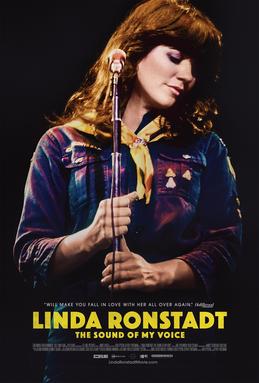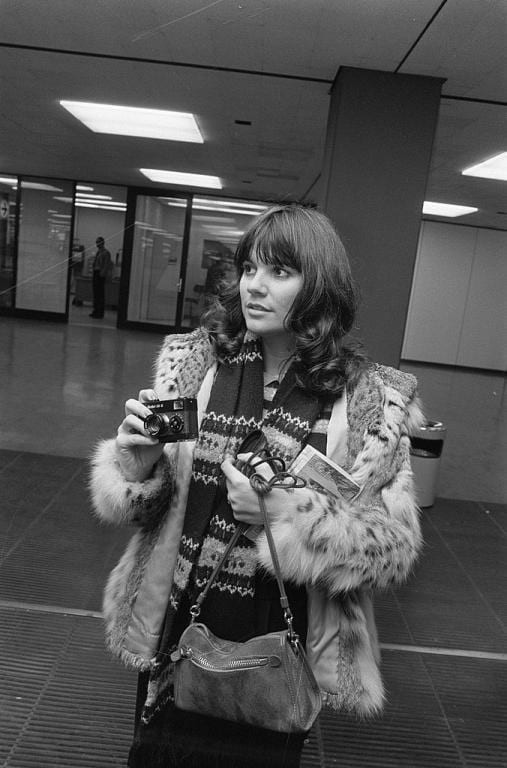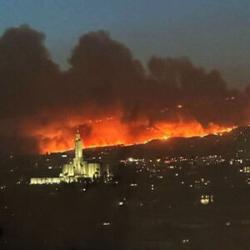
(Fair Use authorization)
My wife and I watched the 2019 documentary Linda Ronstadt: The Sound of My Voice tonight. I’ve been a devoted Linda Ronstadt fan for most of my life — I suppose that, for a while at least, I had a crush on her — so I really, really enjoyed it. (I knew almost all of the songs by heart.) It was fun, too, to be reminded of the Los Angeles folk rock scene that was so important to me when I was of junior high school age and in high school. The Troubador nightclub was a very big deal. The Byrds, who figure in the film via archival footage, were among my very favorite musical groups. (I devoted a major school paper to them in, I think, sixth or seventh grade. They’re the reason I eventually managed to get — and still have — a twelve-string guitar.) At another club out in Westwood, I remember Jackson Browne (who hadn’t yet reached whatever degree of fame he eventually achieved and who appears in the documentary) once bumming a piece of pizza from me during a break between sets. (I assume that he wasn’t doing very well at the time, financially speaking.) Anyway, Linda Ronstadt: The Sound of My Voice took me back, and filled me with nostalgia. My world today is very far from that world, but, in some ways, I still feel very much at home there.

(Wikimedia Commons public domain photograph)
Alas, owing to a relatively rare degenerative condition initially diagnosed as Parkinson’s disease but later thought to be progressive supranuclear palsy, Linda Ronstadt is now physically incapable of singing. Of all things. In it’s way, it reminds me of Beethoven’s deafness, about which I once wrote a column for the Deseret News:
“Beethoven is a study in hope, healing” (not even remotely the title that I myself would have chosen for the piece)
The theological or eschatological question, for me, is inescapable: If there is no life after death, then every life ends in defeat, every life is truncated. Every life ends in incapacity, whether sudden or gradual. Obviously, that doesn’t prove that there is life beyond the grave, but it certainly illustrates why a continuation of life beyond the veil is desirable. I’ve always understood very well why many disbelieve in personal survival of death; I’ve never understood why some claim not to want it or not to care about the issue.












